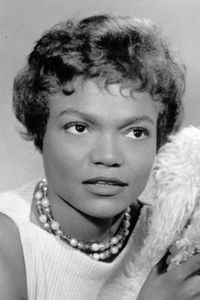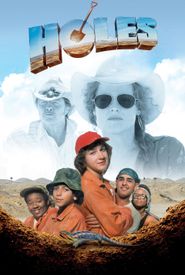Born to a sharecropper mother of African-American and Cherokee Native American descent in the cotton fields of South Carolina, Eartha Kitt's life took an unexpected turn when she was given away by her mother at the tender age of nine, leading her to arrive in Harlem. Her father's identity remained a mystery, leaving her to navigate the complexities of her early life without the guidance of a paternal figure.
As she entered her teenage years, Kitt's circumstances only worsened, and she was forced to drop out of high school at the age of 15 to work in a Brooklyn factory. She spent her adolescence living in the homes of friends and even in the subways, struggling to make ends meet and find her place in the world.
However, it was during the 1950s that Kitt's fortunes began to change, as she discovered her passion for singing and dancing, and her talents soon took her from the streets to the spotlight. She joined the Katherine Dunham Dance Troupe on a European tour, soloed at a Paris nightclub, and quickly became the toast of the Continent, earning the praise of none other than Orson Welles, who dubbed her "the most exciting girl in the world".
Not only was Kitt a talented performer, but she was also a vocal advocate for social justice, using her platform to speak out on issues that mattered deeply to her. In the 1960s, she took on the iconic role of Catwoman in the third and final season of the popular television series Batman, replacing Julie Newmar in the iconic part.
Sadly, Kitt's life was cut short when she passed away on Christmas Day in 2008, at the age of 81, due to complications from colon cancer, leaving behind a legacy as a trailblazing performer and a passionate advocate for social justice.






































































